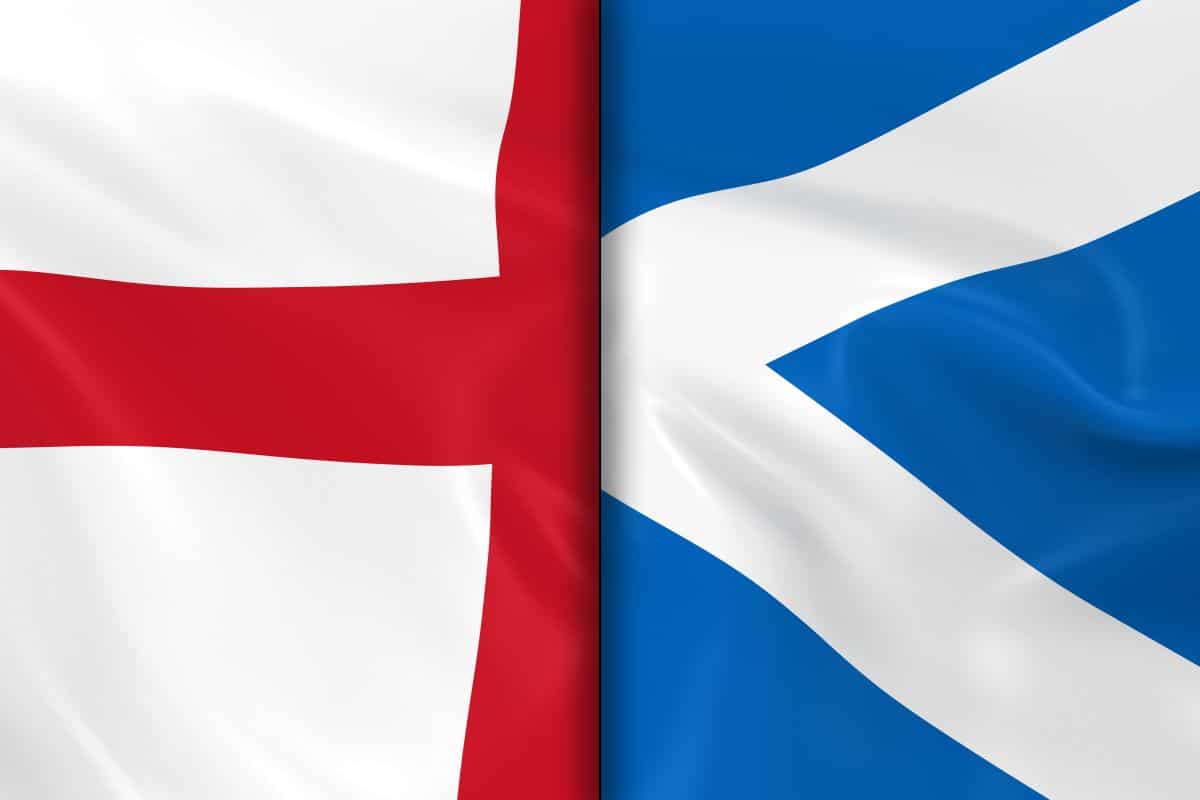The relationship between England and Scotland has been marked by both collaboration and conflict, shaped by a rich tapestry of historical events and modern political dynamics. Here are 21 reasons why these nations continue to oscillate between allies and adversaries.
1. The Independence Question
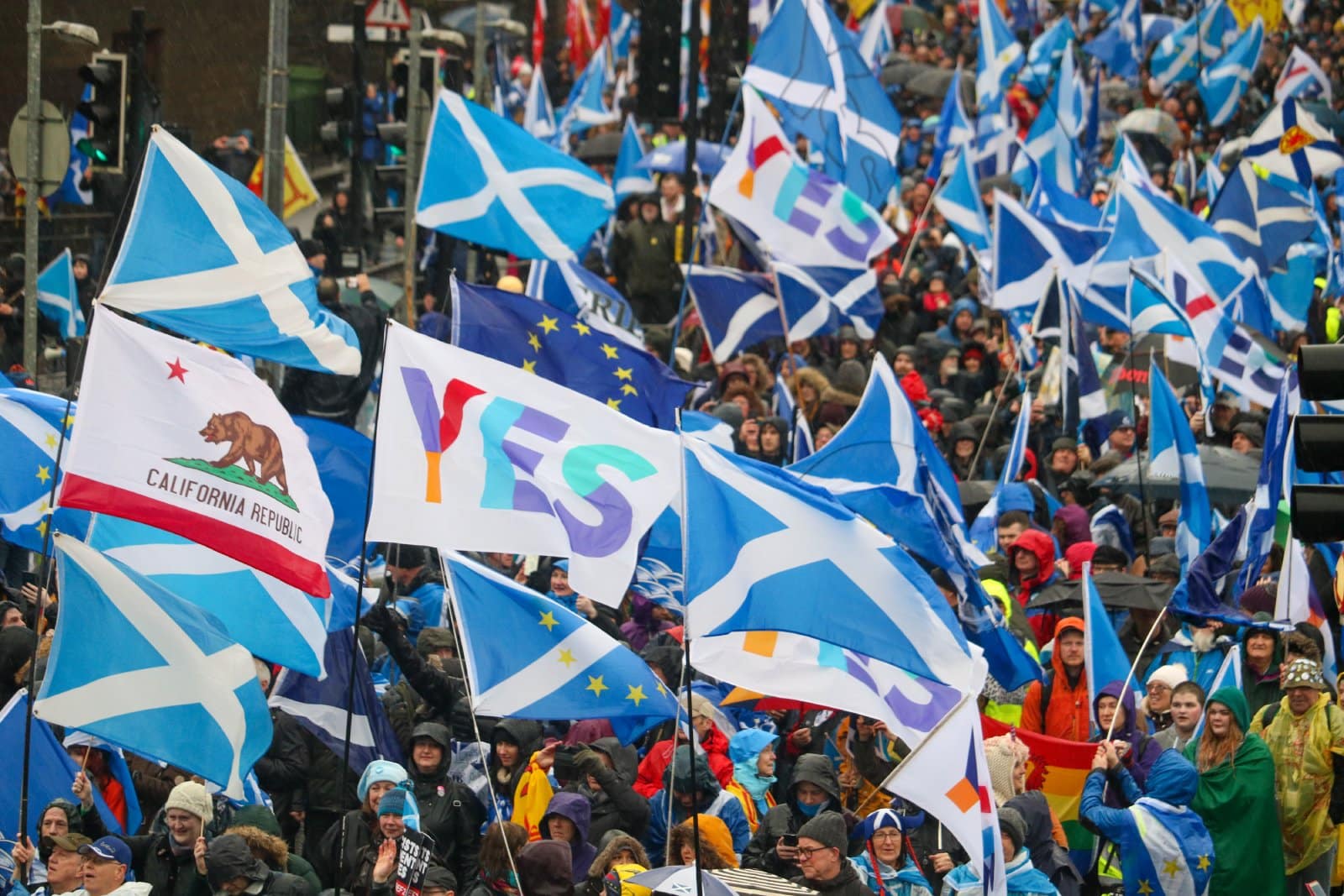
Scotland’s push for independence, notably under former First Minister Nicola Sturgeon, has fueled ongoing political tension. Despite the failed 2014 referendum, the SNP’s persistent pursuit of a second vote keeps the issue at the forefront of UK politics.
2. SNP Financial Scandal
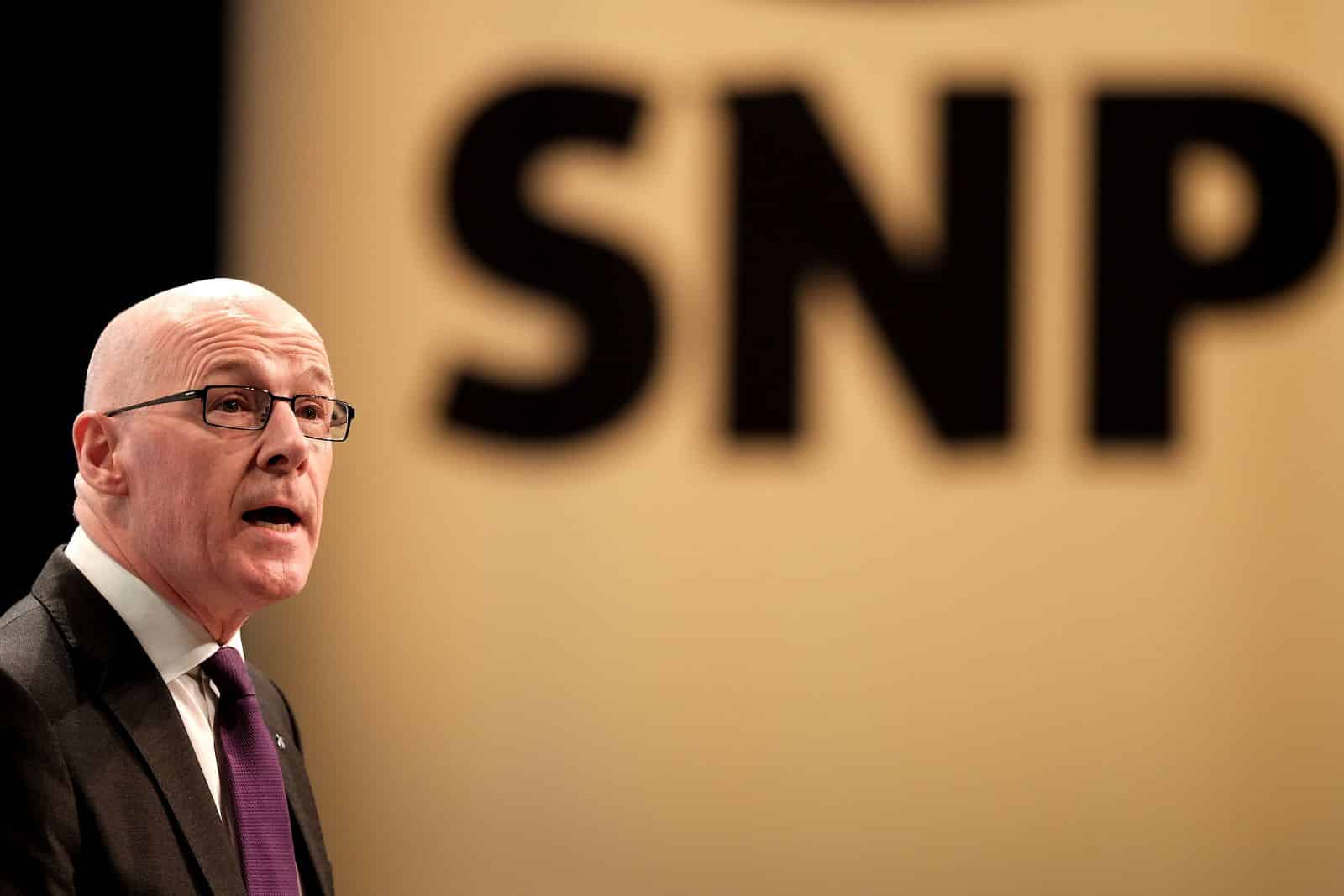
Recent financial scandals involving the SNP, including allegations of misused funds earmarked for independence campaigns, have sparked significant controversy and mistrust among the Scottish electorate. These events have led to the resignation of key figures like Nicola Sturgeon and SNP CEO Peter Murrell.
3. Contrasting Brexit Views
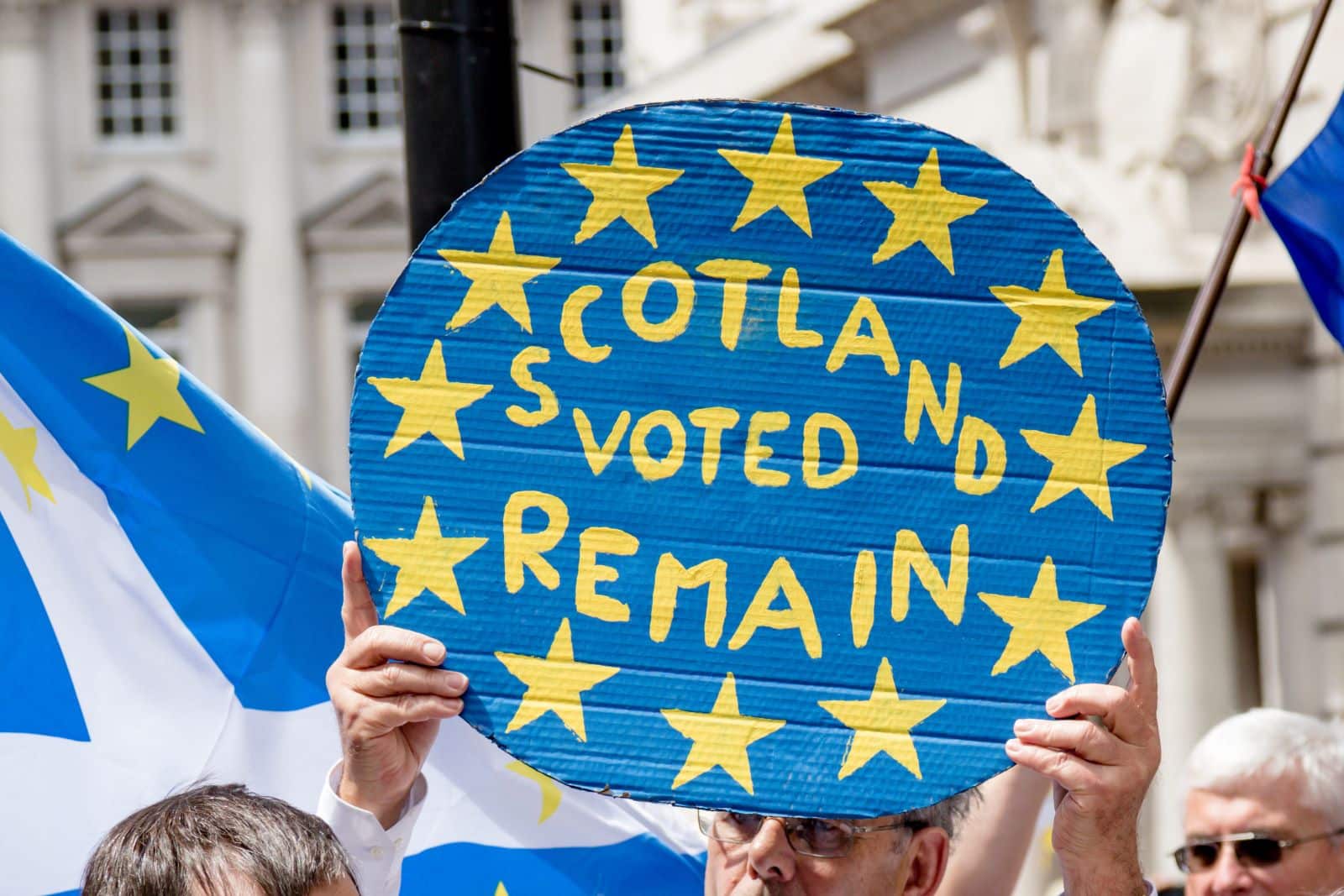
Brexit has magnified differences, with Scotland voting predominantly to remain in the EU, while England and Wales led the charge to leave. This divergence has exacerbated feelings of political disenfranchisement in Scotland.
4. Boris Johnson’s Remarks

Comments from figures like Boris Johnson, who reportedly called the devolution of power to Scotland a “disaster,” have inflamed tensions. Such statements are perceived in Scotland as dismissive and disrespectful to Scottish autonomy.
5. Legislative Differences
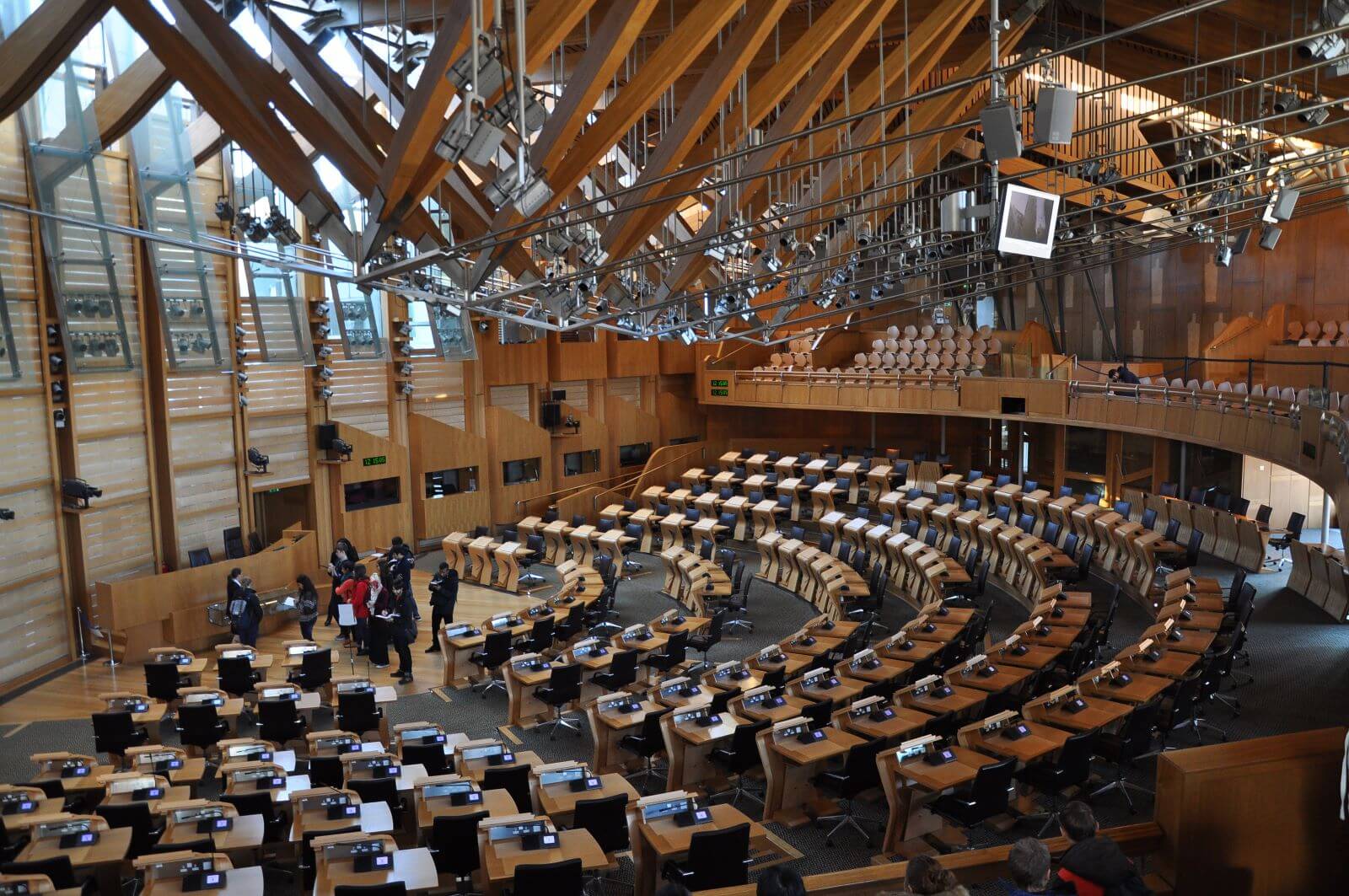
Scotland and England have taken markedly different legislative approaches on key social issues. For example, Scotland has pursued more progressive policies on gender recognition and hate crimes, often leading to clashes with UK-wide policies.
6. Child Poverty and Welfare

Scotland has implemented ambitious policies to tackle child poverty, contrasting sharply with approaches taken in England. These efforts highlight differing priorities and approaches to social welfare.
7. Educational Disparities

Scotland’s distinct education system has historically been a point of pride, but recent declines in international education rankings have sparked criticism and comparisons with England, leading to a reevaluation of Scottish educational policies under leaders like Humza Yousaf.
8. Economic Strategies

Scotland’s approach to economic growth, particularly in sectors like renewable energy, often contrasts with England’s focus on financial services and traditional industries. This has led to differing impacts on national and regional economies.
9. Cultural Representation

Cultural clashes are often highlighted in media and popular culture, where stereotypes about Scottish and English identities persist, sometimes feeding into mutual resentments and humor.
10. Public Health Policies

During the COVID-19 pandemic, Scotland’s government, led by Nicola Sturgeon, took distinct and sometimes more conservative approaches than England, leading to debates over the effectiveness and independence of Scottish policymaking.
11. Immigration Policies
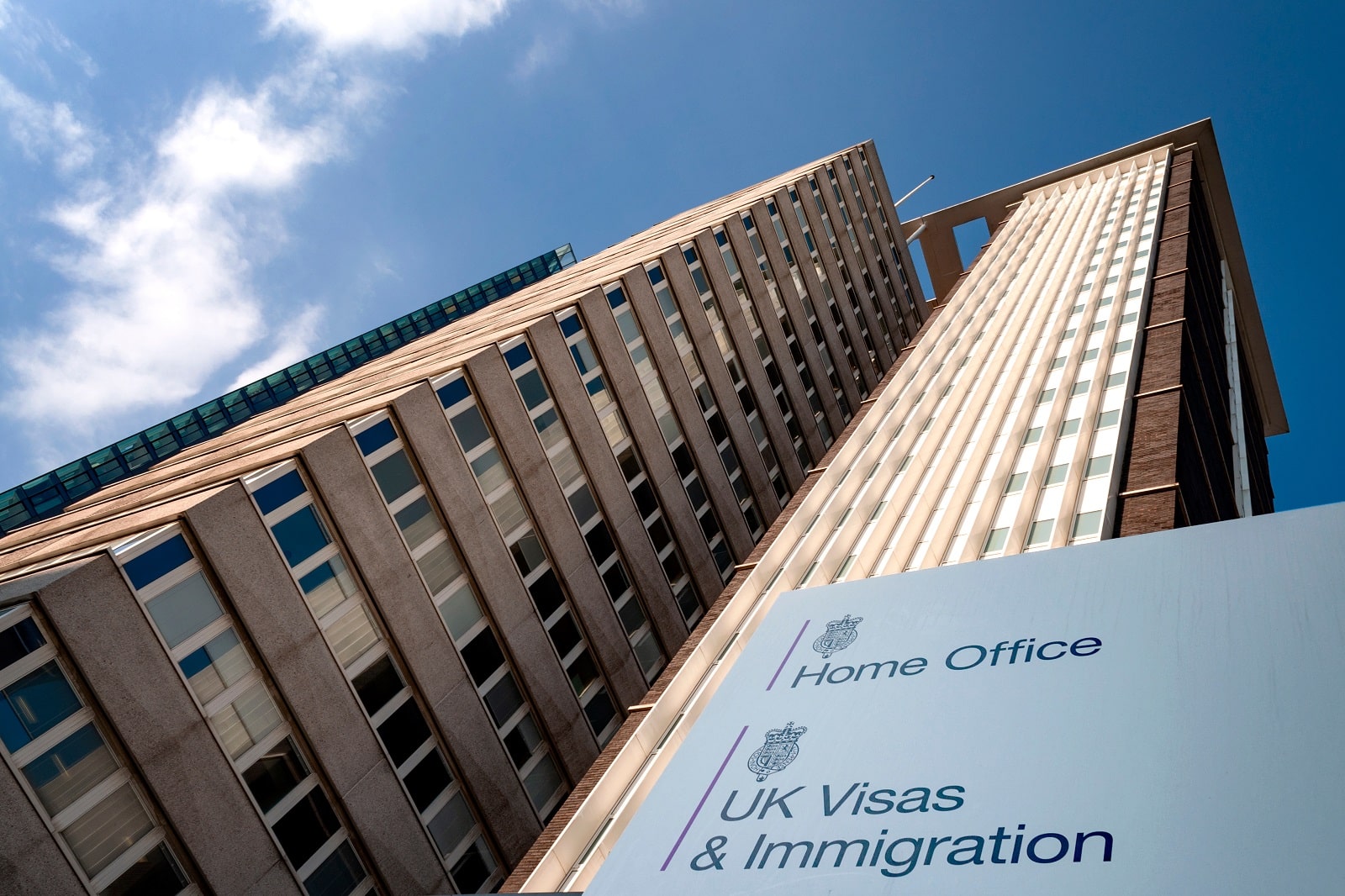
Scotland has advocated for more liberal immigration policies to counteract its population decline, often finding itself at odds with more restrictive English policies favored by the Conservative government.
12. Environmental Policies
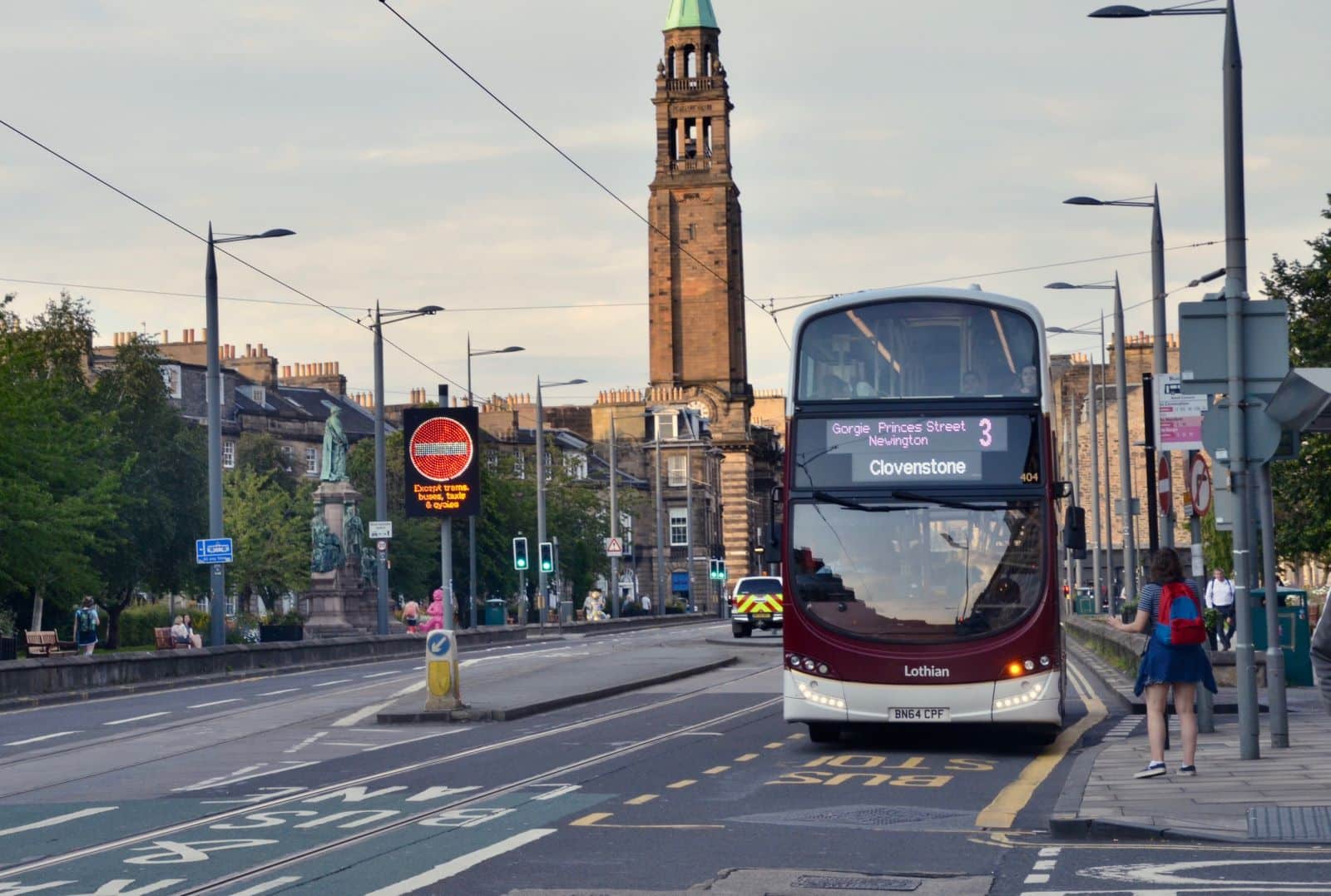
Scotland has set more aggressive targets for reducing carbon emissions compared to England, underscoring differences in environmental policy and priorities.
13. Military and Defence
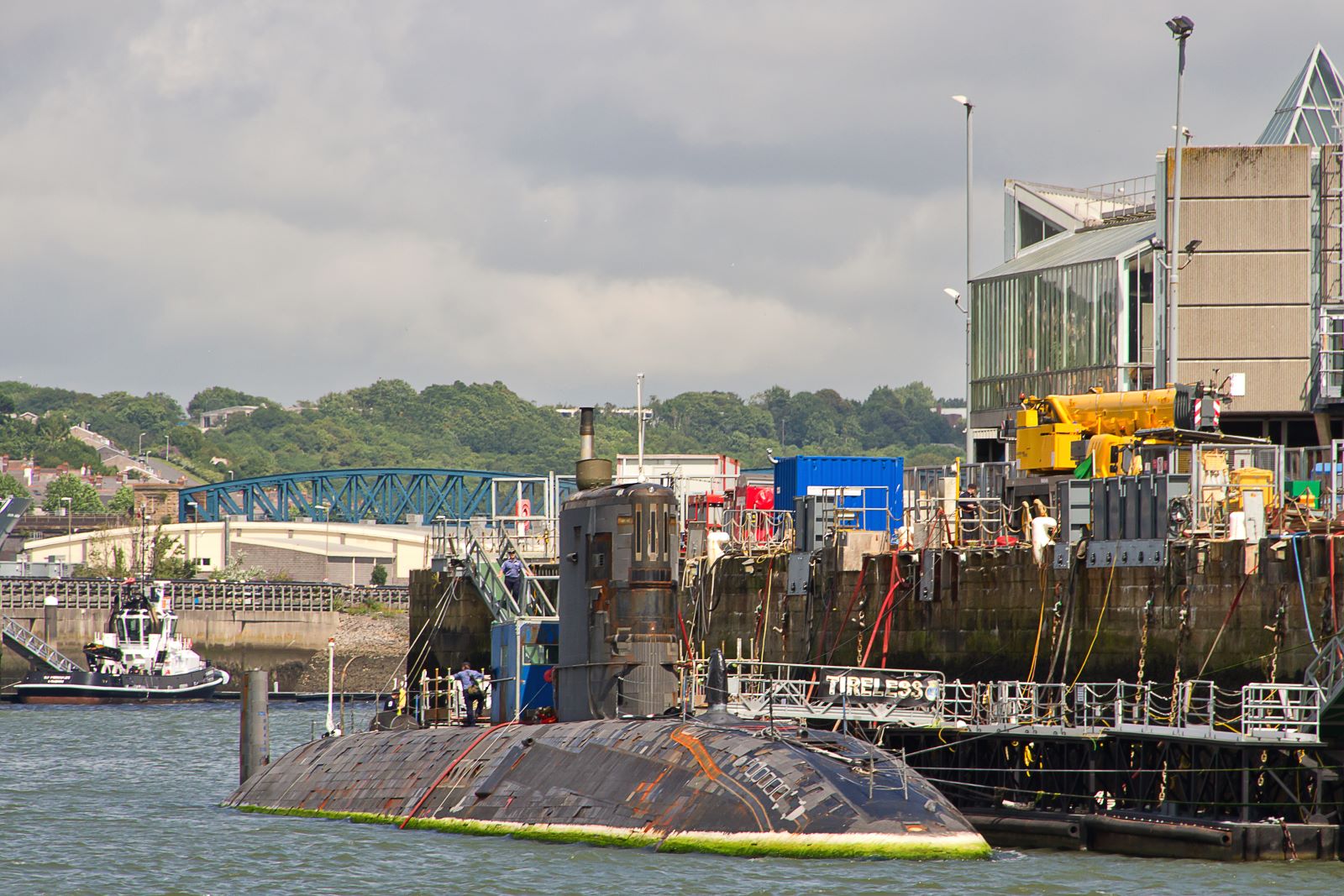
The presence of UK nuclear submarines in Scottish waters has been a contentious issue, with many in Scotland, particularly the SNP, advocating for a nuclear-free Scotland, in contrast to the UK government’s stance.
14. Royal Residences and Funding
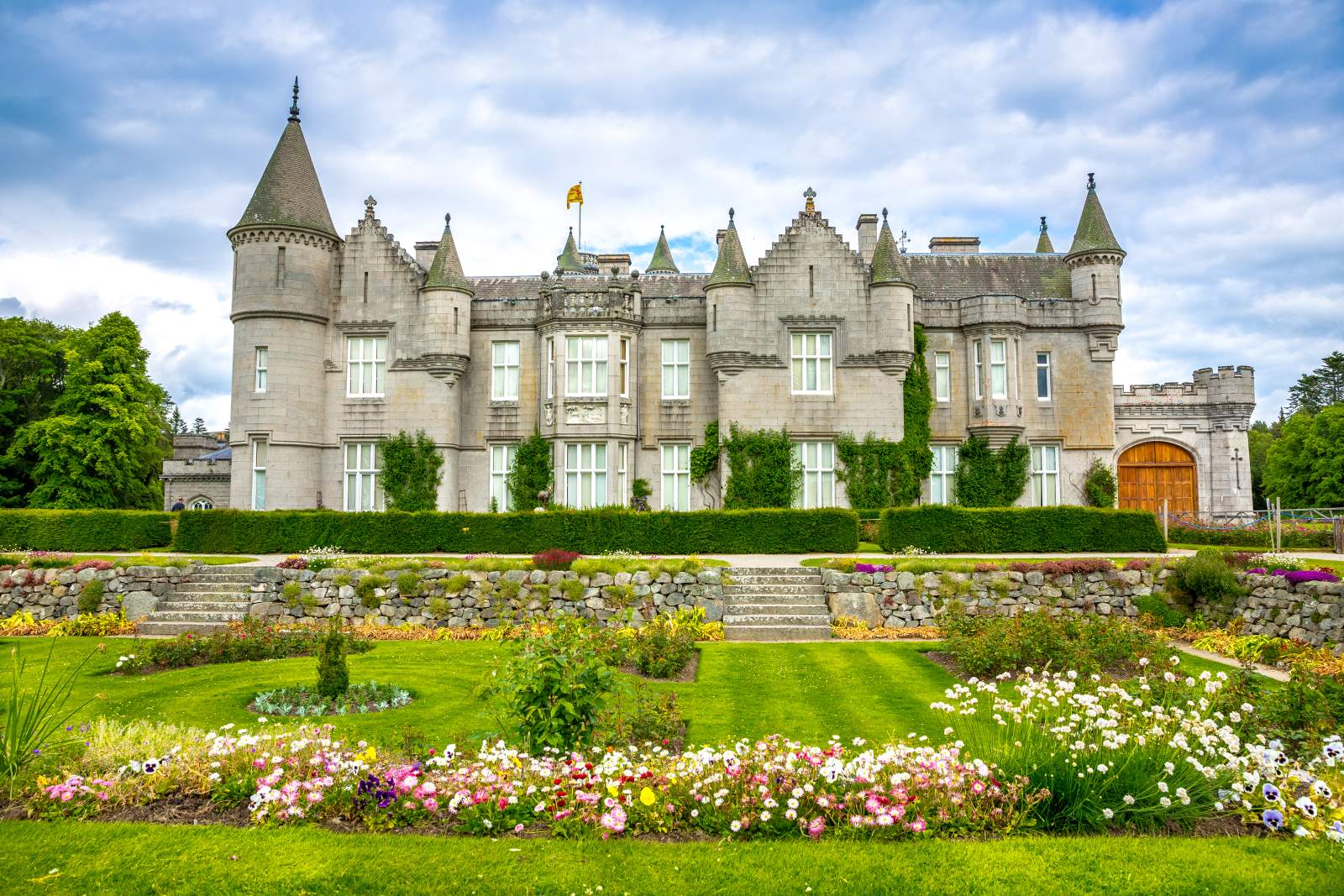
Debate over the funding and utility of royal residences in Scotland, like Balmoral Castle, sometimes stirs debate about the monarchy’s role and the financial priorities between the two nations.
15. Media Coverage

Scottish issues often receive less coverage in UK-wide media, leading to accusations of bias and underrepresentation, which fuels a sense of neglect among Scots.
16. Public Spending
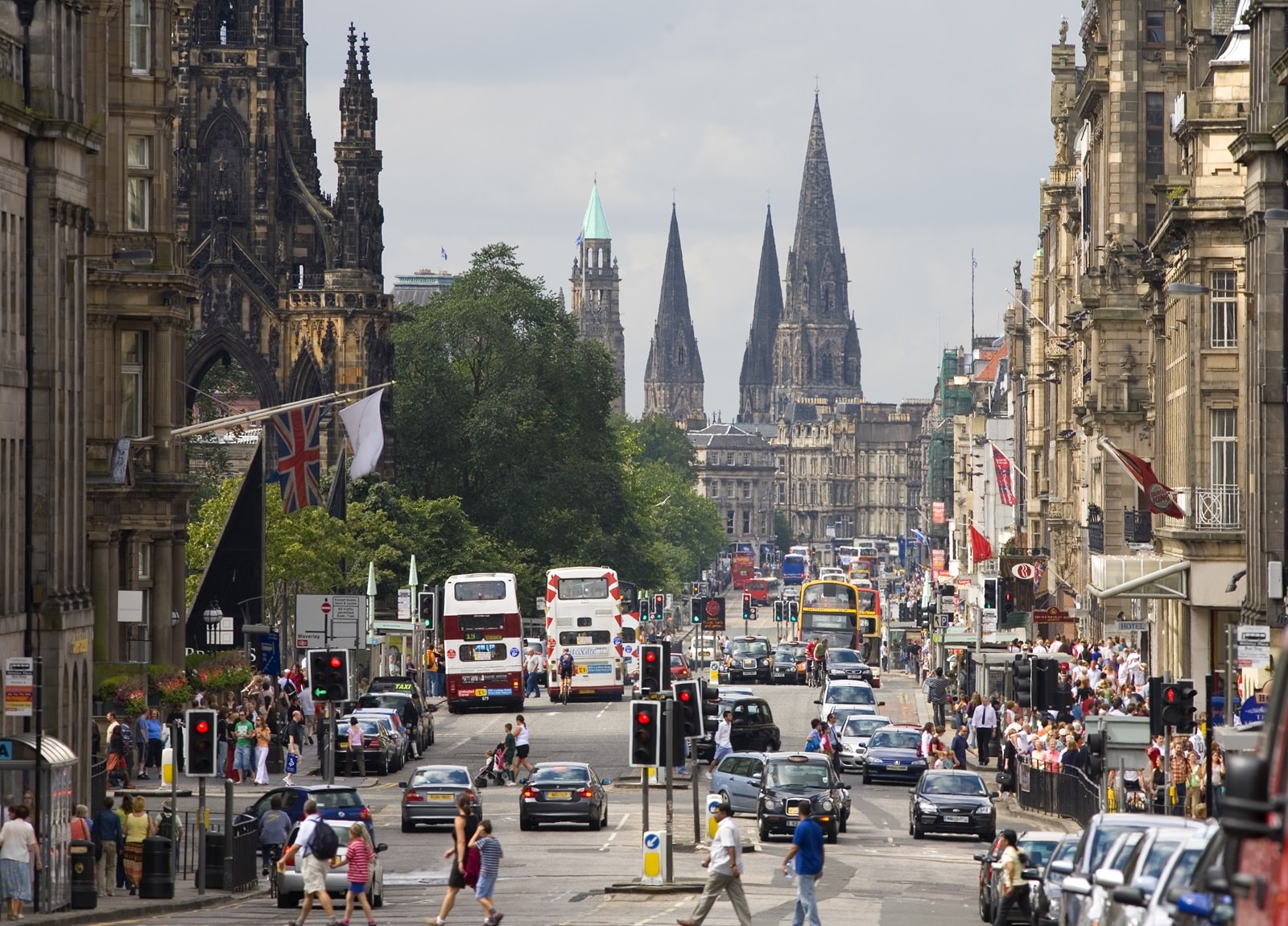
Arguments over the Barnett formula, which governs public spending across the UK, often lead to disputes over whether Scotland receives a fair share of UK resources.
17. Political Leadership Styles

The leadership styles of Scottish and English leaders can vary significantly, affecting intergovernmental relations and public perceptions in both countries.
18. Historical Battles
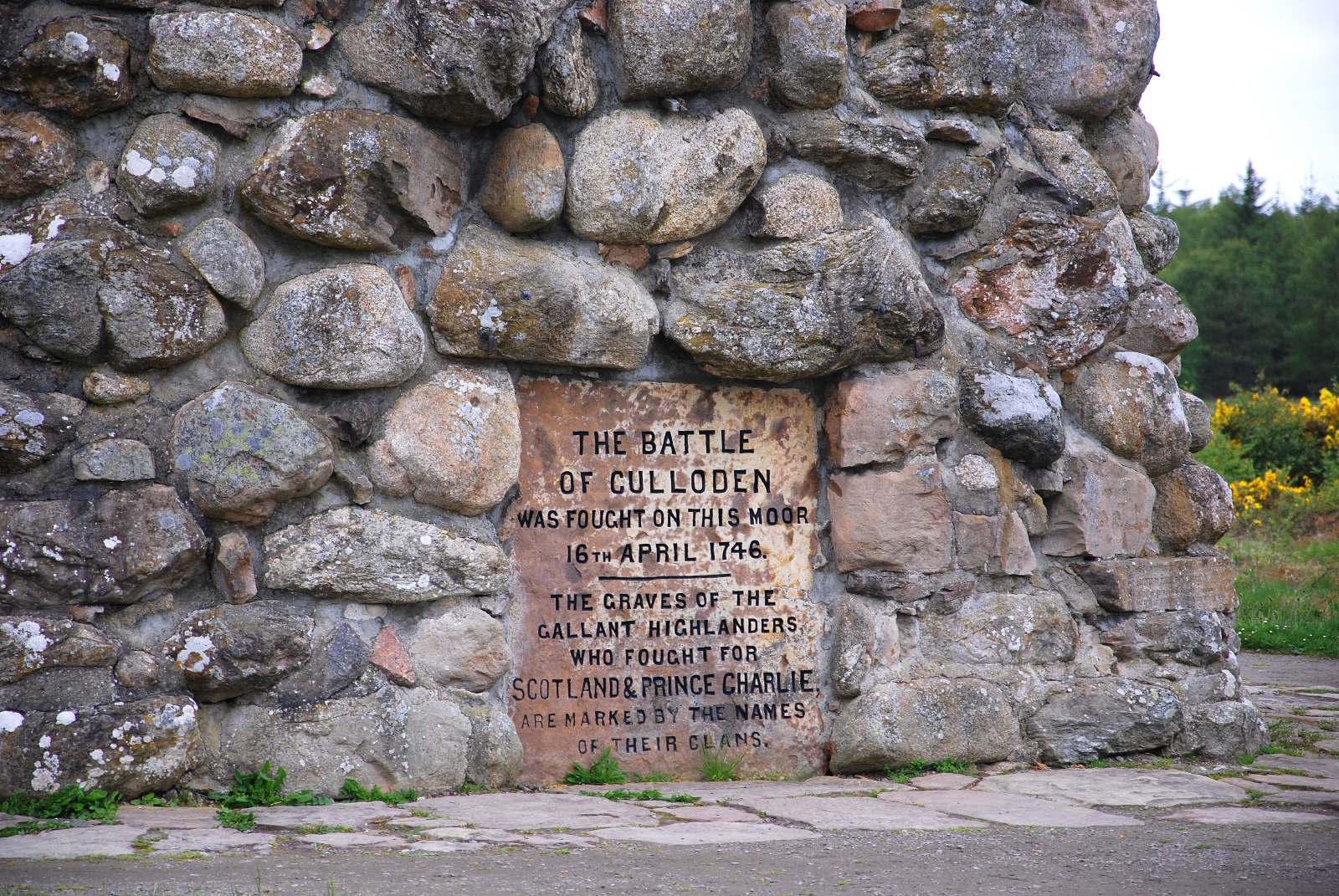
Historic conflicts, such as the Battle of Culloden, still resonate in cultural memory, influencing contemporary views of the relationship between Scotland and England.
19. Sporting Rivalries

Sporting events, especially football matches between the two, often serve as an outlet for friendly rivalry but also highlight deeper nationalistic sentiments.
20. Judicial Differences

Scotland’s separate legal system leads to different judicial decisions and legal precedents, which can complicate UK-wide legal matters.
21. Regional Identities
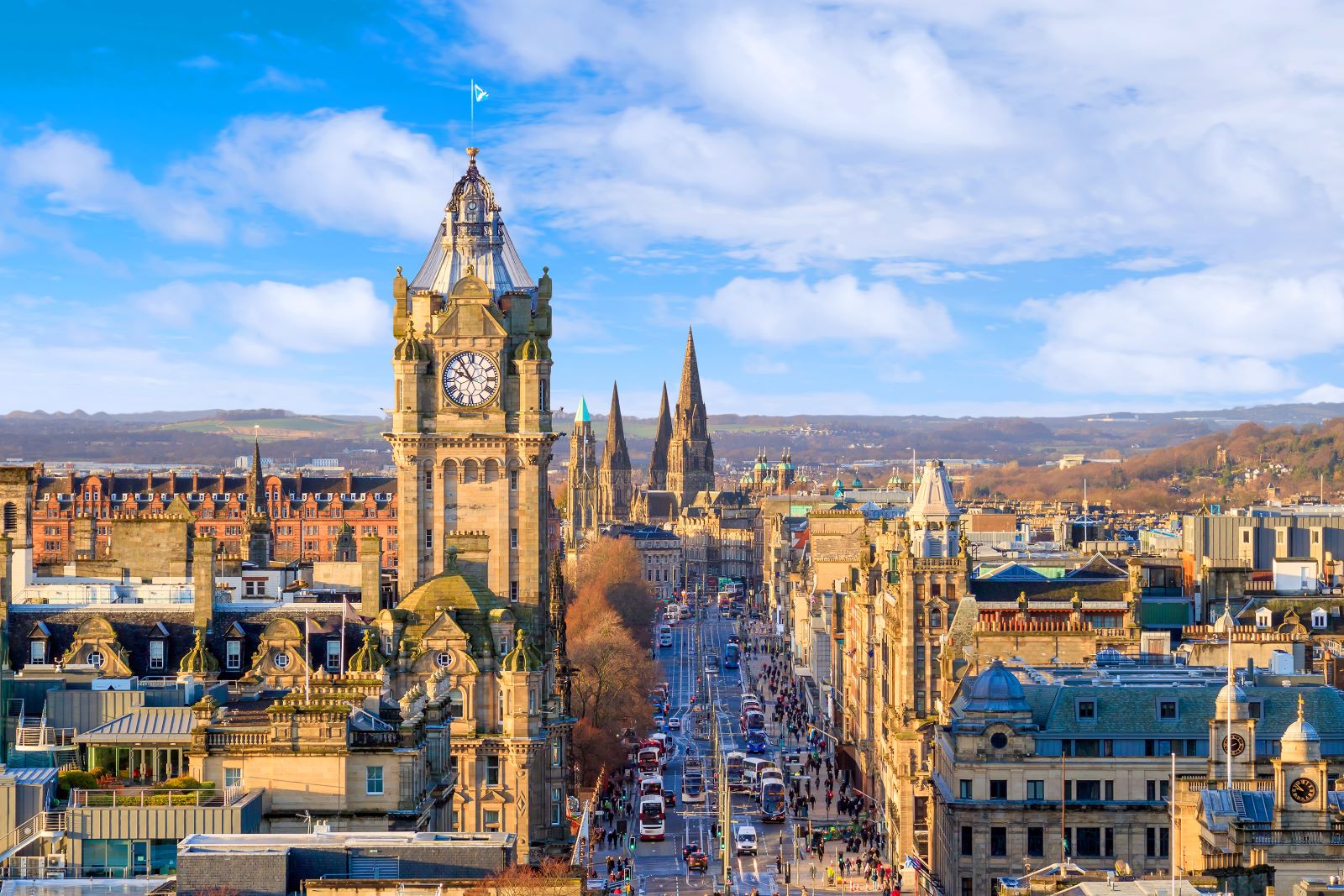
Strong regional identities in Scotland contrast with a sometimes more homogenized English national identity, leading to different political and cultural expressions.
It’s Complicated!

From politics to culture, the complexities of the England-Scotland relationship continue to evolve. Whether debating in Westminster or cheering at a rugby match, these frenemies can’t seem to decide if they’re better together or apart.
25 Things You CAN’T Talk About Anymore
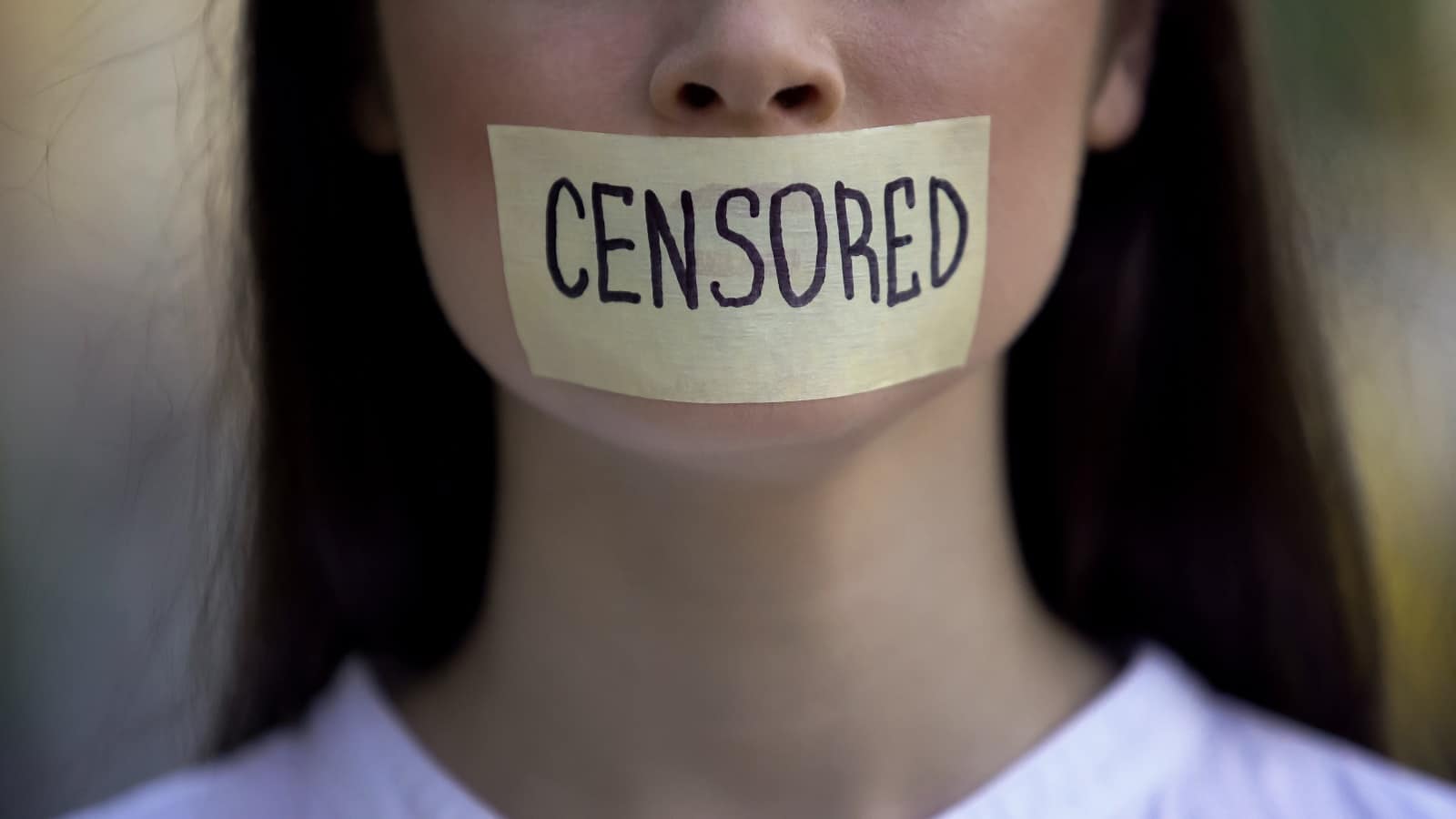
Remember the days when you could freely discuss just about anything without fear of sparking controversy? Well, those days are long gone. In today’s hyper-sensitive world, there are topics so fraught with tension that even mentioning them can lead to heated debates and hurt feelings. 25 Things You CAN’T Talk About Anymore
Stranded: 15 Worst British Cars in History
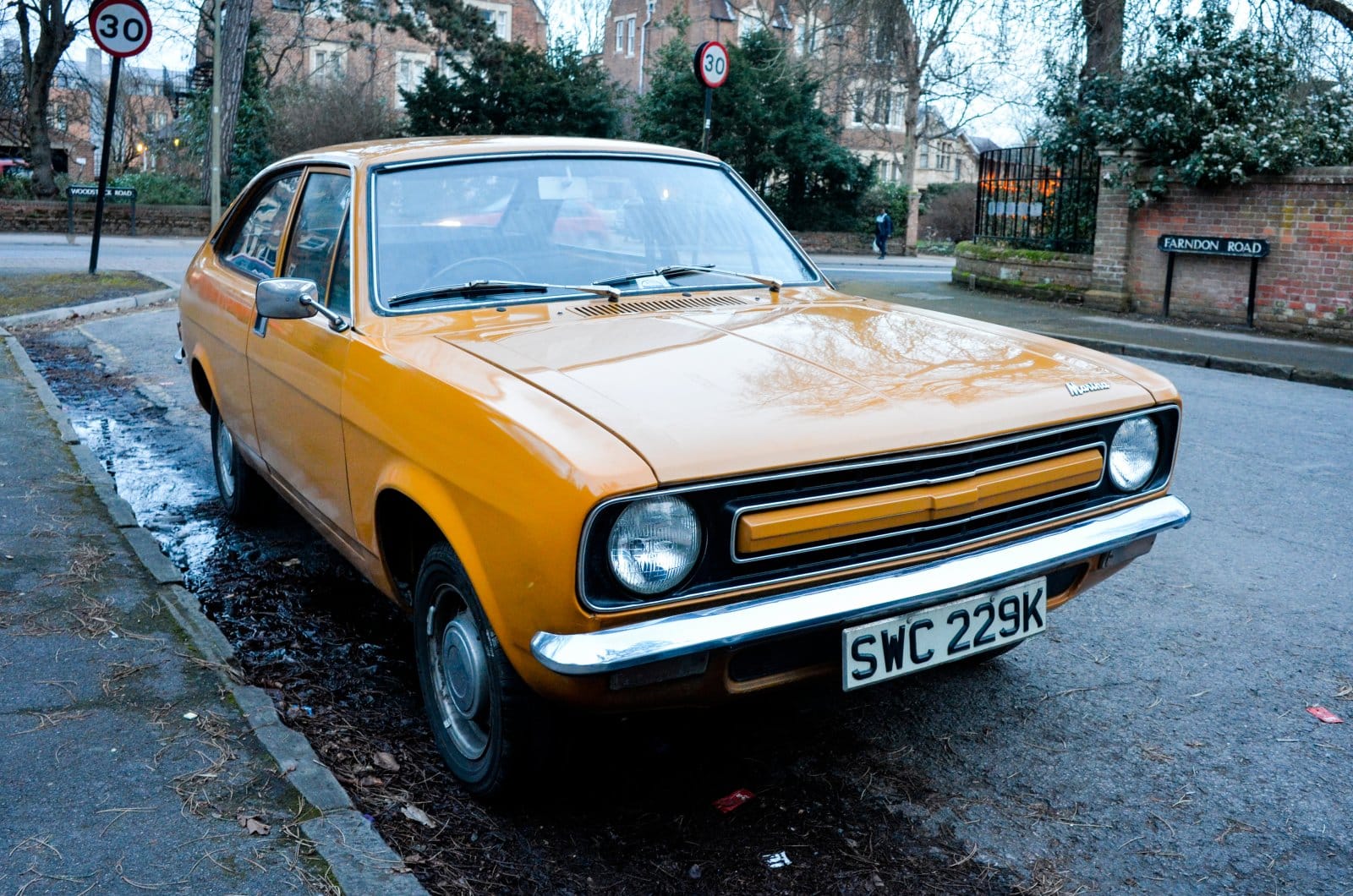
Ever had a car that spent more time with the mechanic than on the road? A car that turned every journey into a game of “Will we actually get there?” If so, you might just see a familiar face (or should we say, chassis) in our countdown to the most unreliable British car in history. Stranded: 15 Worst British Cars in History
“Britain Will Become Unrecognizable” – Suella Braverman Spells Disaster for UK Amid Steep Rise in Visas Issued

Former Home Secretary Suella Braverman has warned that Britain will become “unrecognizable,” criticizing the amount of work visas the Home Office has approved, despite only being removed from her role in November. “Britain Will Become Unrecognizable” – Suella Braverman Spells Disaster for UK Amid Steep Rise in Visas Issued
20 Things From the ‘70s That Are Not OK Today

Step into the time machine and set the dial to the 1970s, a decade of disco, bell-bottoms, and some rather questionable choices. While the ’70s gave us iconic music and groundbreaking TV, not everything from this groovy era would get a green light today. 20 Things From the ‘70s That Are Not OK Today
20 Best and Worst Universities in the UK
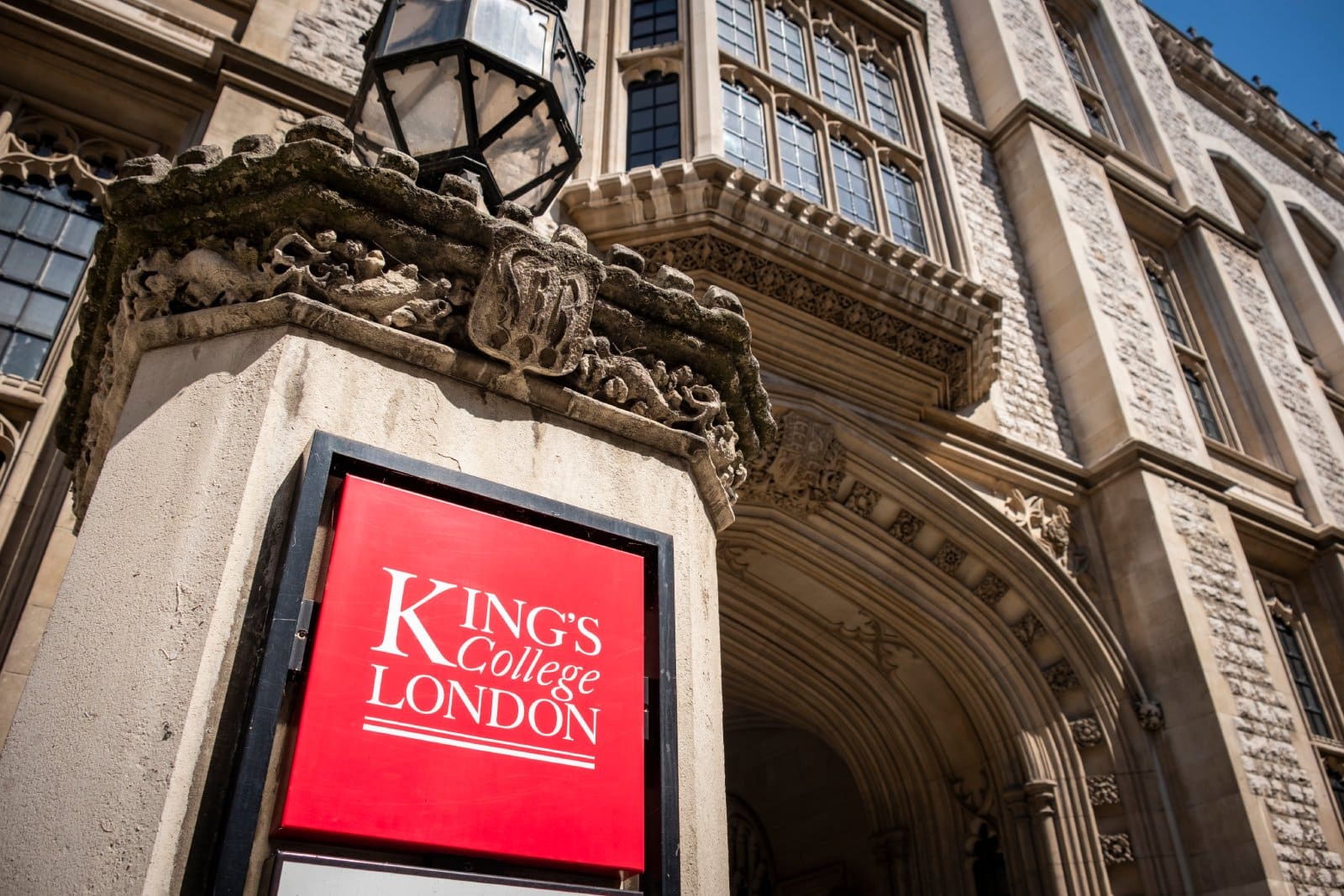
Navigating the UK university landscape is like deciphering a complex code of rankings, reviews, and reputations to uncover where you’ll not just learn, but truly flourish. Whether you’re drawn to the historic halls of Oxford or the creative buzz of Goldsmiths, finding your perfect fit is about aligning your aspirations with the unique offerings of each institution. 20 Best and Worst Universities in the UK
The post Love-Hate: 21 Reasons England and Scotland Will Always Be Frenemies first appeared on Edge Media.
Featured Image Credit: Shutterstock / fredex.
For transparency, this content was partly developed with AI assistance and carefully curated by an experienced editor to be informative and ensure accuracy.

